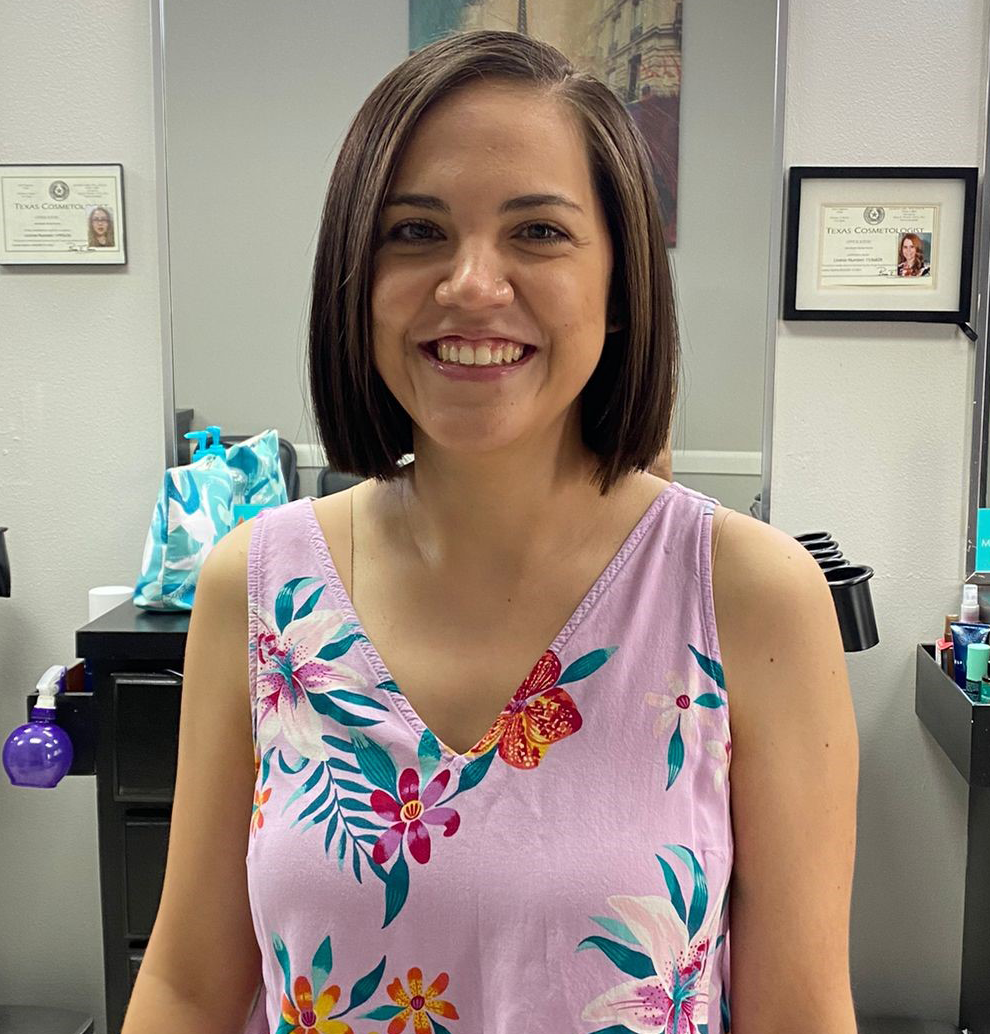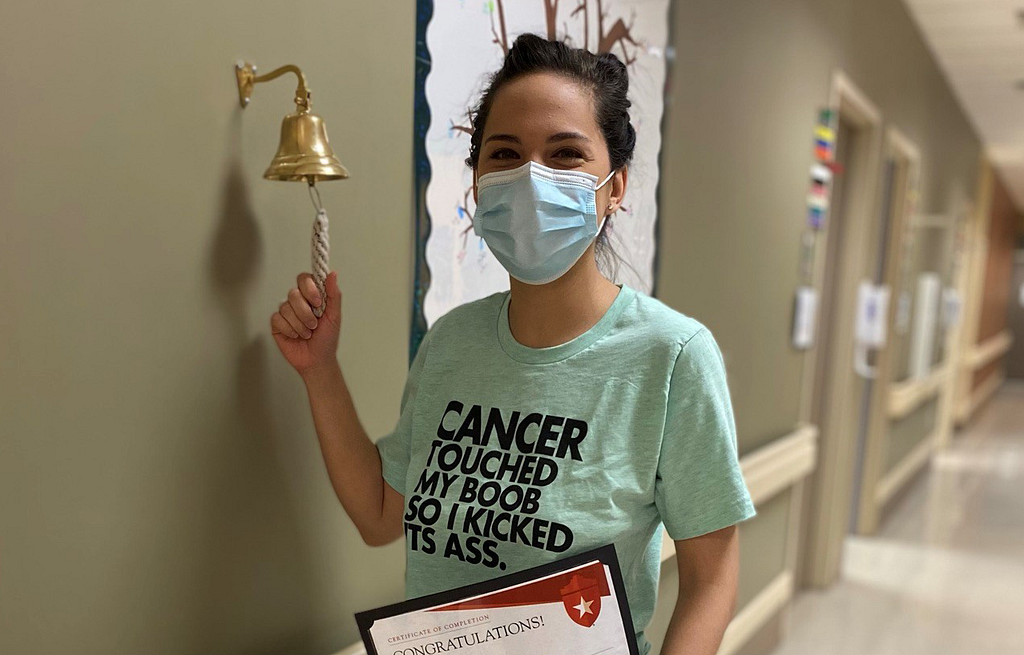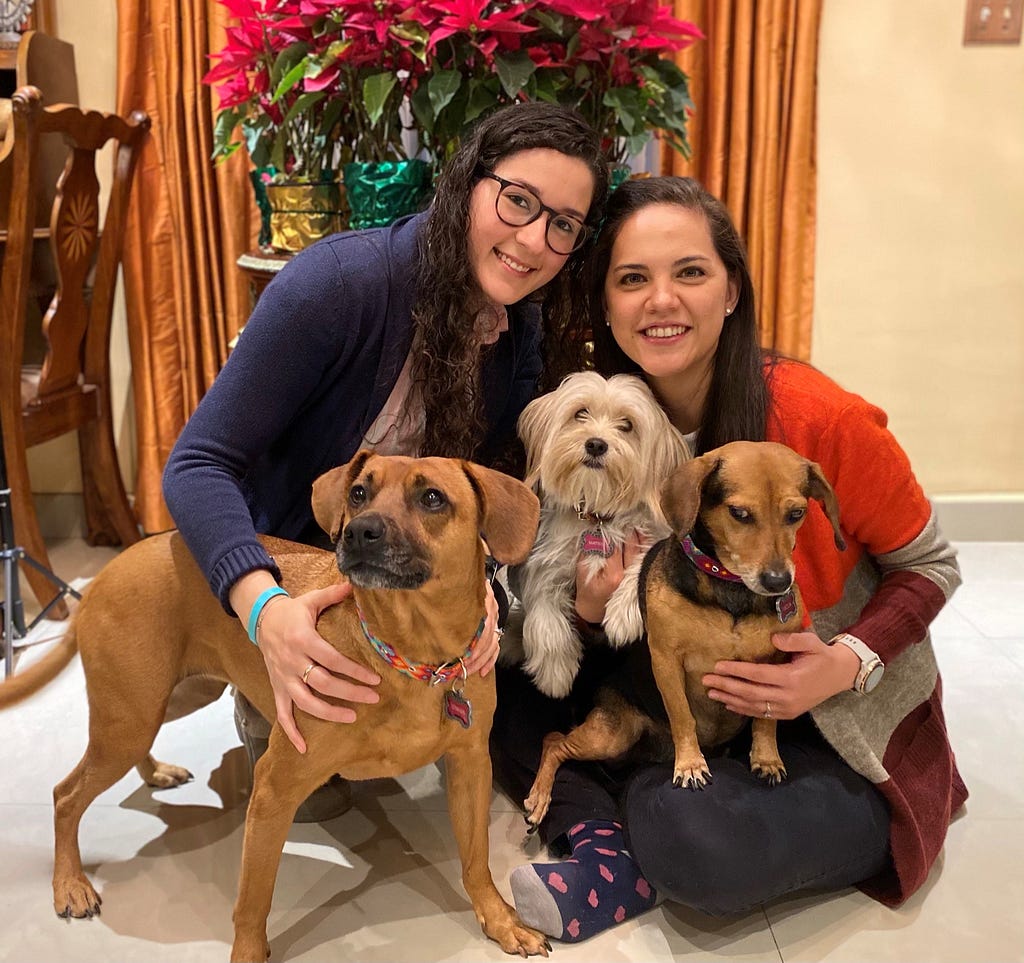Navigating the Unexpected: Lorena’s Story | Mother’s Day Series
Newlywed Lorena had plans to start a family. These plans didn’t account for a breast cancer diagnosis.
To make things even more challenging, Lorena had to navigate this new diagnosis with an emerging pandemic. Time was not on her side, and she had to move quickly to ensure she had the opportunity to create the family she dreamed about having. Livestrong Fertility was there to help.

First symptoms
“I began to notice random discharge appearing in my bra about once every two to three months, so I reported it to my OB-GYN during my yearly check-up. My OB-GYN ordered some tests; however, they all returned negative,” Lorena said.
When the symptoms did not subside, Lorena was referred to a breast oncologist surgeon, who suggested three potential causes. “The first option was that it could be nothing more than an angry duct clogged. Option two could be pre-cancer cells, and the next option could be cancer.”
With a clear MRI, mammogram, and ultrasound, the next course of action was a lumpectomy. “The doctors thought the issue was coming from behind the nipple, so they could not do a simple needle biopsy,” Lorena explained. “It is an extensive surgery because you are under anesthesia, you need recovery time, and you will have a scar around your nipple. The doctor also told me that since they would cut the duct, I could not breastfeed. That was one of the most challenging things to hear because we had plans to start a family.”
The diagnosis
The chaos of the pandemic added to the stress of the procedure. “It was the last day for elective surgeries, and everything was a mess. Part of the hospital was closed down,” Lorena reflected.
But even more stress was about to manifest. After the procedure, Lorena was diagnosed with invasive ductal carcinoma, a common form of breast cancer. “My doctor explained how lucky I was to have this discharge because it is not common to have any discharge as a sign and to prepare myself for what was coming next with all the appointments and more procedures.”
“After radiation, the next course of my treatment is Tamoxifen for 5–10 years. With this medication, I am not able to get pregnant,” Lorena explained. “I can stop the medicine, wait one year, get pregnant, breastfeed, and start the medication again, but the cancer can return. My cancer feeds off estrogen, and this medication blocks that ability to feed off the hormone. So if I stop taking the drug, it can come back. If I decided to wait to have a baby until after I finished treatment, that would put me having a baby at a much older age in life, and that was not as planned.”

Help on the way
Lorena’s fertility clinic encouraged her to reach out to Livestrong Fertility, which provides reproductive information, resources and financial support to survivors whose cancer and its treatment present risks to their fertility. The process was quick: “It was a Tuesday when I first reached out, and the following day, in less than 24 hours, I received all the paperwork and sent it to my provider. By Friday, Livestrong had sent me the medication I needed,” Lorena said.
“The Livestrong Foundation helped me with egg preservation as well as egg storage. They helped me get the medication I needed to start this procedure, and because the clinic was affiliated with Livestrong, I was able to get a discount for egg storage.”
With this step completed, Lorena could focus on healing. “Since they were helping me, I could now forget about egg preservation. I could forget about that part and focus on the cancer part,” she said. “So in the future, my wife will be the carrier after we have focused on the cancer stage. It will be my eggs that my wife will carry; that is our plan.”
“Humans that really care”
As a survivor, Lorena advocates for early detection, encouraging everyone to know their own body and report any changes to their provider, even small ones. She also says it’s perfectly fine to ask another provider for a second opinion. “If you don’t like what they are saying…it’s okay to say no and ask another provider.”
Reflecting on her experience, Lorena expressed gratitude to Livestrong and its supporters for their help along the way. “An infinite ‘thank you’ for your time and your patience. We need humans that really care for other humans,” she said. We found inspiration in all this, did the Livestrong Challenge in Austin, and signed up to be volunteers for next year because it’s the least we can do.”
“The assistance Livestrong gave us for our fertility journey after my cancer diagnosis changed our lives and gave us hope during this rough time. I was able to focus on myself and learn to respect and love my body, knowing that our chances to form a family where both my wife and I can be involved were not lost.”

About Livestrong Fertility
Livestrong Fertility is dedicated to providing reproductive information, resources and financial support to survivors whose cancer and its treatment present risks to fertility. Learn more and apply here.
Navigating the Unexpected: Lorena’s Story | Mother’s Day Series was originally published in Livestrong Voices on Medium, where people are continuing the conversation by highlighting and responding to this story.